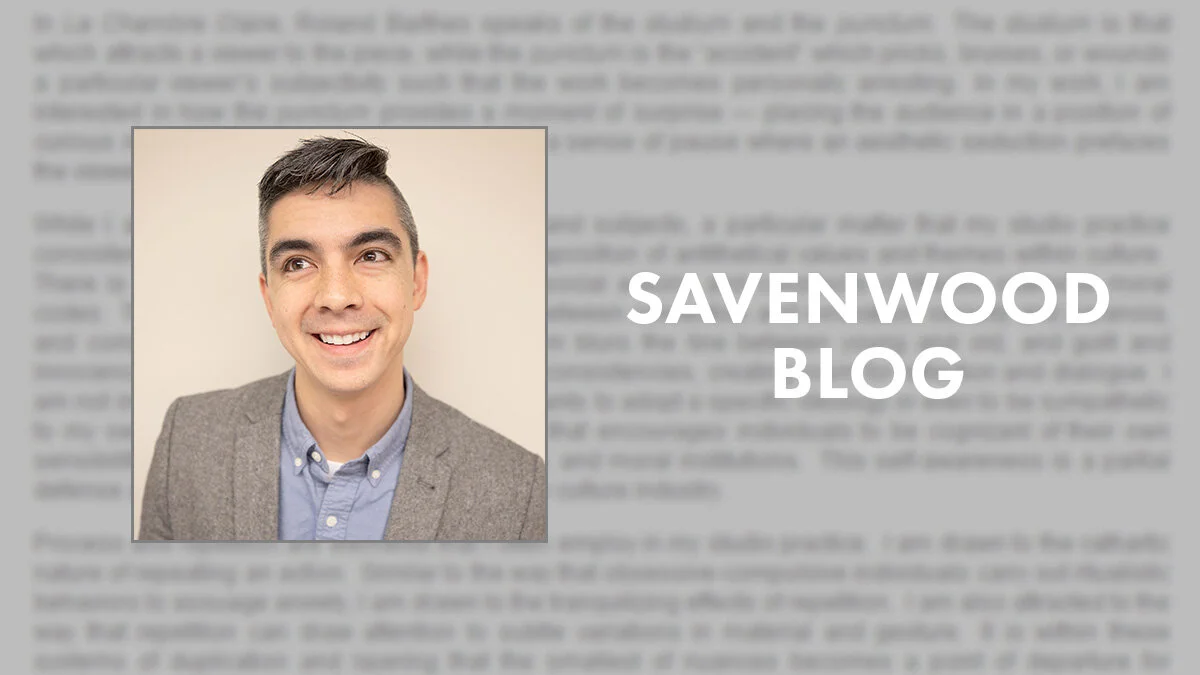There’s a schedule for most check-ups. The annual physical. The mileage-based oil change. The quarterly audit. Site visits, cleanings, and routine maintenance. All on the calendar.
But what about ourselves?
No one calls us to say, “You’re due for a check-in with yourself.” We don’t get a letter in the mail: “You’re overdue for some serious introspection and self-assessment.”
Perhaps we’re fortunate enough to have a friend, a coach, or a therapist who prompts us.
More often, we’re left to ourselves to look inward. And that can cause anxiety — like an overdue visit to the dentist.
But if we’re intentional ... if we keep a schedule and check in with ourselves regularly ... it doesn’t have to be so ominous. It might just be a friendly conversation we have with ourselves a few times a year.
“How am I? How do I want to be? What are my beliefs? My goals? My vision? How am I doing with all of it?”
If it helps, put it on the calendar right now. All those other things have a place on the schedule; you deserve a check-in too.



